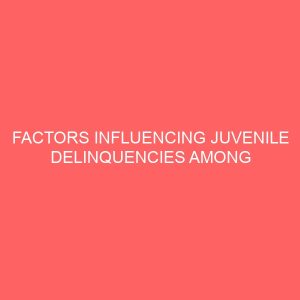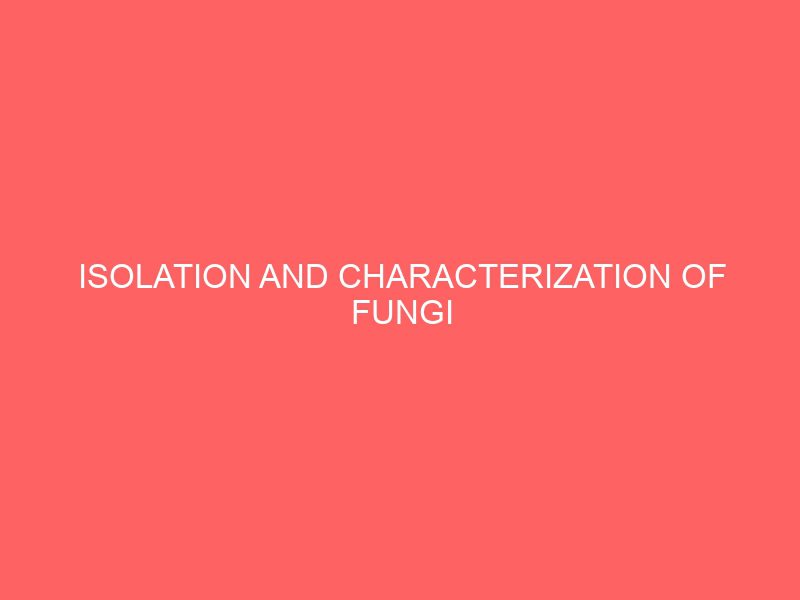Description
Abstract
This project looks at Isolation and characterization of fungi associated with the spoilage of corn grown in farms in Rukpokwu community. This study was carried out for twenty retail and bulk maize samples parallel for each group, surface disinfected and non-disinfected maize kernels, in Rukpokwu. Fungi spoiling organisms are silently invading, acidifying, fermenting, discolouring, and disintegrating microbes that render corn (2eamays) unpalatable and unsafe for human consumption. Fungi spoilage is caused by two factors, (biotic) living which includes insects, birds, rodents and microorganisms and (non-hi otic non-living which includes temperature, humidity and time. Two samples of spoilt corn, red (treated) and white were taken from the store and field respectively for investigation in order to ascertain the fungi that were associated with the spoiling of the corn. Different methods were used in the identification and five were isolated. The frequency of occurrence for the fungi isolates were Mucor spp 6%, Aspergillus spp. 9%, Rhizopus spp 15%, Penicillium Spp. 33% and Fusarium Spp. 36%. Fusarium spp. had the highest frequency and was the predominant fungus. In conclusion, corn can be infected by fungi irrespective of storage condition. Also, corn may be infected by myriad of fungi which produce dangerous mycotoxins that posse health risk to its consumer The farmer preserved seed and certified maize seed is highly infested with a number of fungal seed-borne pathogens and this can affect germination capacity of the seed. It was recommended that corn should be properly dried before storage so as to minimize fungi infection which is harmful to both man and animal. There is need for pre-harvest treatment of corn so as to reduce the rate of infection and spoilage by fungi. There is need to avoid physical damage on the corn as this will not only reduce the economic value but also act as vehicle for the transmission of mycotoxins.








Reviews
There are no reviews yet.